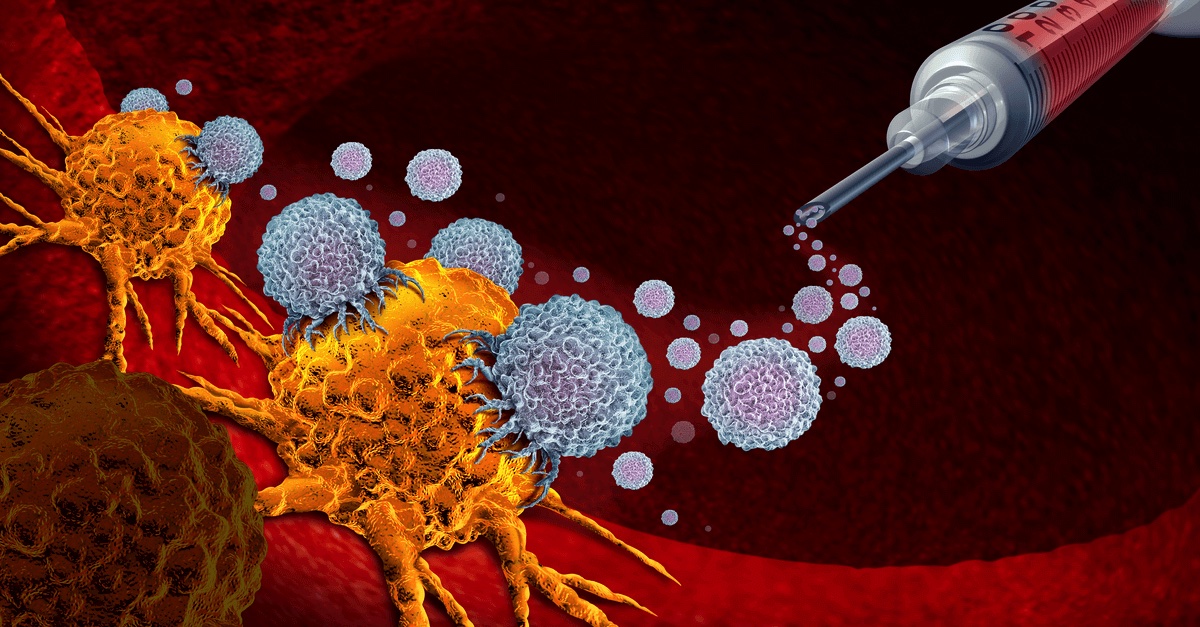According to findings from the phase III CONFIRM clinical trial, the immunotherapy drug nivolumab was proven to be an effective treatment for patients with previously treated malignant pleural mesothelioma.
FDA Approves Nivolumab & Ipilimumab Treatment in October 2020
The Food and Drug Administration (FDA) approved the combination of nivolumab (Opdivo®) and ipilimumab (Yervoy®) as a first-line treatment for patients diagnosed with unresectable malignant pleural mesothelioma on October 2nd, 2020. Both of these immunotherapy medications are manufactured by Bristol-Myers Squibb.
The efficacy (the power to produce an effect) of the nivolumab mesothelioma treatment was tested through an open-label trial called CHECKMATE-743 (NCT02899299). Participants did not previously receive any anticancer treatments such as radiation or chemotherapy.
The trial showed a significant improvement in overall survival rate for patients treated with the combination of nivolumab and ipilimumab compared to patients that were treated with chemotherapy.
According to the FDA, the median overall survival for patients treated with nivolumab plus ipilimumab was 18.1 months, compared to 14.1 months for chemotherapy patients.
What Is Nivolumab?
Nivolumab (Opdivo) is a prescription immunotherapy medication given through IV (intravenous) injections. Opdivo is a monoclonal antibody that stimulates the body’s immune system to kill cancer cells.
Before it was approved for use on mesothelioma patients, this medication was used to treat adults with advanced stage non-small cell lung cancer that has spread to other parts of the body. Patients also must have tumors that are positive for PD-L1 (protein preventing immune cells from attacking non-harmful cells), with no evidence of abnormal EGFR or ALK genes.
CONFIRM Nivolumab & Ipilimumab Clinical Trial
A University of Southampton study called CONFIRM (Checkpoint Blockade For Inhibition of Relapsed Mesothelioma) served as a phase III clinical trial for the nivolumab mesothelioma treatment. The nivolumab mesothelioma trial ran from 2017 to 2020, and the results were announced at the virtual World Conference on Lung Cancer in January 2021.
The main goals for this trial were to study how well nivolumab worked for patients whose cancer had returned after being treated with chemotherapy. Doctors also aimed to learn more about the possible side effects of the nivolumab mesothelioma treatment.
Although mesothelioma patients are generally treated with chemotherapy, researchers found the nivolumab mesothelioma treatment to be a viable alternative to treat relapsed cancer.
The 332 mesothelioma patients who participated were 75% male and had a median age of 70 years old. All patients were diagnosed with either pleural or peritoneal mesothelioma and previously received at least one course of chemotherapy. All but 5% of patients were diagnosed with pleural mesothelioma.
The trial participants were randomly assigned to groups. Out of all the participants, 221 people were given the nivolumab mesothelioma treatment, and 111 were given a placebo treatment.
Phase III Clinical Trial Results Show First-Ever Improvement of Relapsed Mesothelioma
The results of the phase III clinical trial showed the first-ever improvement of mesothelioma that had relapsed after chemotherapy treatment.
Dr. Dean Fennell of the University of Lester in England said the CONFIRM trial was the first-ever phase III in the relapse setting to meet a primary endpoint of improved survival. Fennell added that the nivolumab mesothelioma treatment was safe and should be considered a standard treatment for patients with relapsed mesothelioma.
The median overall survival rate (OS) increased by almost 40%, and the progression-free window improved significantly with nivolumab compared to those who were given a placebo. Results of the CONFIRM phase III clinical trial are below.
Length of time before the cancer started to grow:
- Nivolumab patients = 3 months
- Placebo patients = 1.8 months
Length of time participants lived for after treatment:
- Nivolumab patients = 9.2 months
- Placebo patients = 6.6 months
Researchers found patients diagnosed with epithelioid mesothelioma benefited greatly from the nivolumab mesothelioma treatment. Around 70% of all malignant mesothelioma cases are of the epithelioid subtype.
According to Dr. Rina Hui of Crown Princess Mary Cancer Center and the University of Sydney, the nivolumab mesothelioma treatment did not improve OS in patients with non-epithelioid tumors due to the tumors’ aggressive tendencies. About 12% of participants in the CONFIRM study had non-epithelioid tumors.
Side Effects from Nivolumab Mesothelioma Treatment
According to the CONFIRM study, no participants treated with nivolumab had any new or unexpected side effects, and just over 7 out of 10 people had at least one mild side effect.
Additionally, just under 2 out of 10 people had more severe side effects such as shortness of breath (dyspnoea) and lung infection (pneumonia).
Other side effects of nivolumab include:
- Changes in liver/or kidneys
- Diarrhea
- Fatigue
- Increased risk of infection
- Skin problems such as rashes or dryness
A little over 1 out of 10 people who were given the nivolumab mesothelioma treatment decided to stop treatment early due to side effects experienced.
What Does This Mean for Mesothelioma Patients?
It is important to note that the nivolumab mesothelioma treatment is not a cure for the cancer. That said, it may be a light at the end of the tunnel for some patients in treatment.
The CONFIRM clinical trial made a major breakthrough in the research for treating pleural mesothelioma, but more research is necessary to cure this aggressive and deadly cancer.
Clinical trials such as the nivolumab mesothelioma treatment give patients access to new treatments before they roll out to the general public.
If you or a loved one have mesothelioma and are interested in participating in a clinical trial, get a free veteran’s packet today to learn more. This packet can also tell you about additional medical and financial benefits that may be available.

